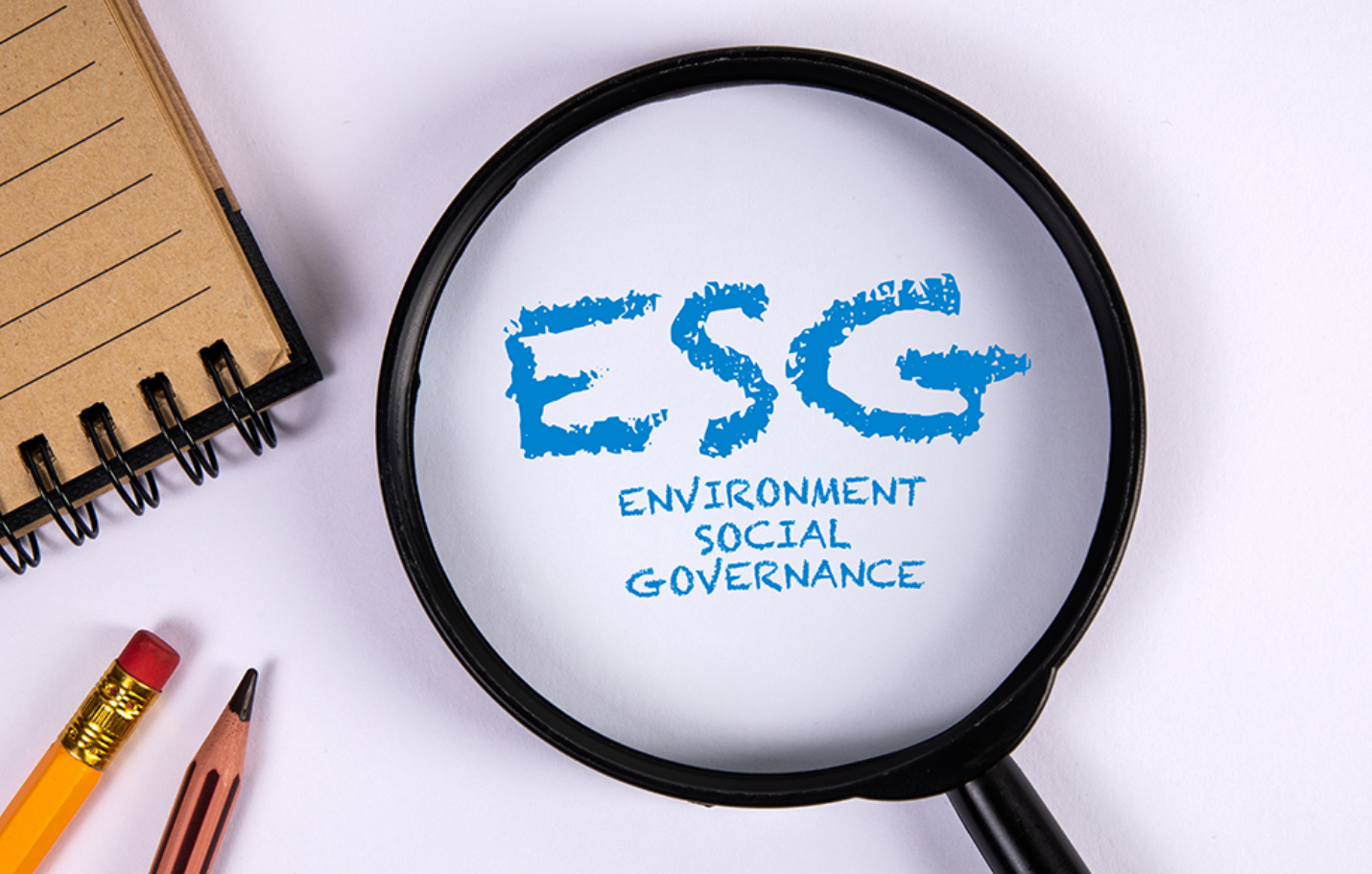by Mish Shedlock, Mish Talk:

A book by David Orr with dozens of contributors espouses amending the constitution and eliminating constitutional rights to give the government more power to address climate change.
Democracy in a Hotter Time
David Orr’s book is Democracy in a Hotter Time: Climate Change and Democratic Transformation.
TRUTH LIVES on at https://sgtreport.tv/
Democracy in a Hotter Time calls for reforming democratic institutions as a prerequisite for avoiding climate chaos and adapting governance to how Earth works as a physical system. To survive in the “long emergency” ahead, we must reform and strengthen democratic institutions, making them assets rather than liabilities. Edited by David W. Orr, this vital collection of essays proposes a new political order that will not only help humanity survive but also enable us to thrive in the transition to a post–fossil fuel world.
These thoughtful and incisive essays cover subjects from Constitutional reform to participatory urban design to education; together, they aim to invigorate the conversation about the human future in practical ways that will improve the effectiveness of democratic institutions and lay the foundation for a more durable and just democracy.
Understanding the Risk
There were over 20 contributors to the proposed economic and constitutional madness.
I hate giving this the time of day because there is literally zero chance the constitution will be amended to address climate change.
However, it is not beyond the scope of imagination for a president to declare an emergency and seek special powers to deal with it, with Congress approving. Some call for President Biden to do that now.
A friend sent me a link to that book by Orr. It led me to other interesting places.
ASU President Michael Crow Calls For Globalist Revolution Over Climate Change In New Book
Arizona Free News reports ASU President Michael Crow Calls For Globalist Revolution Over Climate Change In New Book
In the book published last week, “Democracy in a Hotter Time: Climate Change and Democratic Transformation,” Crow declared that the principles of the Founding are no longer sufficient.
“Although the philosophical underpinnings of our democratic experiment were pragmatically balanced by the founders, the pivotal formulations of the U.S. Constitution failed to protect nature,” wrote Crow.
Crow’s remarks echoed the sentiments made by the principal author of the book, ASU Professor David Orr, who wrote in his foreword that the time is ripe for a bold experiment in a new kind of democracy worldwide.
“Against all odds, [our Founders] imagined and launched the first modern democracy. Imperfect though it was, the fledgling nation had the capacity for self-repair evolving toward ‘a more perfect union,’” wrote Orr. “Our challenge, similarly, requires us to begin the world anew, conceiving and building a fair, decent, and effective democracy, this time better fitted to a planet with an ecosphere.”
“[T]he principles of capitalism as articulated by Adam Smith in ‘The Wealth of Nations’ imposed no limits on economic individualism or the inclination of societies to exploit natural resources capriciously,” said Crow. “Approaches that ameliorate the interrelated conundrums that now plague the Earth’s systems will require systems-level thinking that challenges the reductionist assumptions of the Enlightenment.”
Orr clarified in the introduction of the book that Crow intends to reform higher education so that students are indoctrinated in climate change activism.
Indoctrination Already Underway
Mercy! Yet, how can anyone deny that indoctrination is already underway?
This is despite the fact that 20 years of end climate change predictions have all been wrong.
Perhaps it’s because rather than despite 20 years of end-the-world predictions failed to happen, that climate advocates have turned to more and more desperate measures.
BlackRock is In on the Net Zero Lie

Further research into this madness led me to Blackrock and a report called ‘Net zero’ is a lie, admits the utility industry and its regulators by JunkScience.Com.
A new report from the Electric Power Research Institute (EPRI) buries net zero. Investment managers, public traded companies, regulators, politicians and more who have so far talked very loosely about net zero should now be on notice that they are talking about pure fantasy, if not falsehood. For investment managers and public-traded companies net zero is false and misleading and should have legal ramifications.
Low Carbon Research Initiative

In turn, JunkScience references the Low Carbon Research Initiative whose 76 page PDF I downloaded.
The conclusion is interesting.
Achieving economy-wide net-zero CO2 emissions while maintaining reliable delivery of energy and energy services across the economy will require a broad set of low-carbon technologies. These include energy supply technologies: renewable energy, nuclear, carbon capture and storage, bioenergy, and hydrogen and hydrogen-derived fuels; and energy demand technologies: efficiency improvements in all sectors, electrification, and fuel-switching to alternative nonelectric energy carriers (i.e., low-carbon fuels). Consistent with previous research, this study shows that clean electricity plus direct electrification and efficiency are cost-effective strategies in many sectors for near-term decarbonization efforts and can drive significant emissions reductions. Some elements of these strategies can be cost-effective even without decarbonization incentives. However, they are not sufficient by themselves to achieve net-zero economy-wide emissions. A broad portfolio of options that includes low-carbon fuels and carbon removal technologies will be required to achieve deep decarbonization across all sectors.
In all scenarios, regardless of the extent of fossil gas use, gas infrastructure plays a crucial role in providing firm capacity in the power sector (including in the near term as coal capacity is retired) and delivering low-carbon fuel to buildings and industry, particularly in colder climates.
In short, no matter what we do, we cannot get to the goal. Worse yet, there was no realistic estimate of the costs to try.




